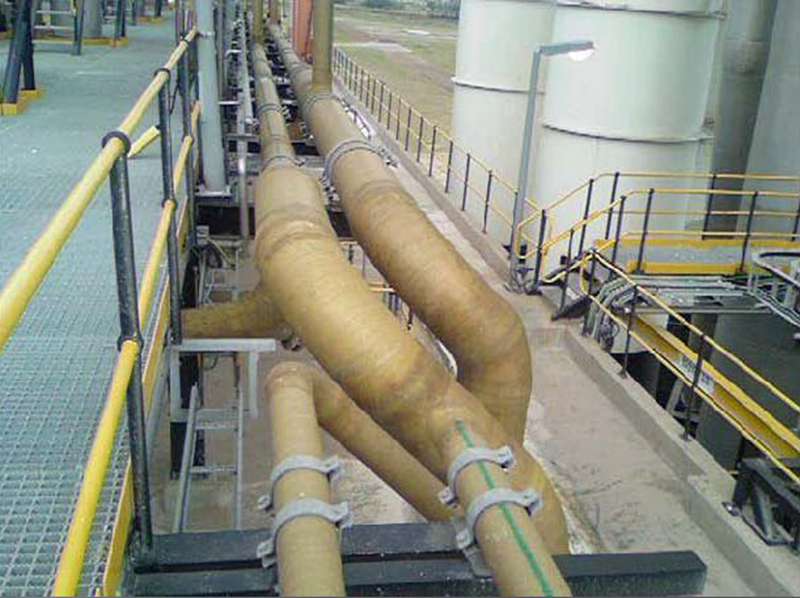
-
 Afrikaans
Afrikaans -
 Albanian
Albanian -
 Amharic
Amharic -
 Arabic
Arabic -
 Armenian
Armenian -
 Azerbaijani
Azerbaijani -
 Basque
Basque -
 Belarusian
Belarusian -
 Bengali
Bengali -
 Bosnian
Bosnian -
 Bulgarian
Bulgarian -
 Catalan
Catalan -
 Cebuano
Cebuano -
 China
China -
 China (Taiwan)
China (Taiwan) -
 Corsican
Corsican -
 Croatian
Croatian -
 Czech
Czech -
 Danish
Danish -
 Dutch
Dutch -
 English
English -
 Esperanto
Esperanto -
 Estonian
Estonian -
 Finnish
Finnish -
 French
French -
 Frisian
Frisian -
 Galician
Galician -
 Georgian
Georgian -
 German
German -
 Greek
Greek -
 Gujarati
Gujarati -
 Haitian Creole
Haitian Creole -
 hausa
hausa -
 hawaiian
hawaiian -
 Hebrew
Hebrew -
 Hindi
Hindi -
 Miao
Miao -
 Hungarian
Hungarian -
 Icelandic
Icelandic -
 igbo
igbo -
 Indonesian
Indonesian -
 irish
irish -
 Italian
Italian -
 Japanese
Japanese -
 Javanese
Javanese -
 Kannada
Kannada -
 kazakh
kazakh -
 Khmer
Khmer -
 Rwandese
Rwandese -
 Korean
Korean -
 Kurdish
Kurdish -
 Kyrgyz
Kyrgyz -
 Lao
Lao -
 Latin
Latin -
 Latvian
Latvian -
 Lithuanian
Lithuanian -
 Luxembourgish
Luxembourgish -
 Macedonian
Macedonian -
 Malgashi
Malgashi -
 Malay
Malay -
 Malayalam
Malayalam -
 Maltese
Maltese -
 Maori
Maori -
 Marathi
Marathi -
 Mongolian
Mongolian -
 Myanmar
Myanmar -
 Nepali
Nepali -
 Norwegian
Norwegian -
 Norwegian
Norwegian -
 Occitan
Occitan -
 Pashto
Pashto -
 Persian
Persian -
 Polish
Polish -
 Portuguese
Portuguese -
 Punjabi
Punjabi -
 Romanian
Romanian -
 Russian
Russian -
 Samoan
Samoan -
 Scottish Gaelic
Scottish Gaelic -
 Serbian
Serbian -
 Sesotho
Sesotho -
 Shona
Shona -
 Sindhi
Sindhi -
 Sinhala
Sinhala -
 Slovak
Slovak -
 Slovenian
Slovenian -
 Somali
Somali -
 Spanish
Spanish -
 Sundanese
Sundanese -
 Swahili
Swahili -
 Swedish
Swedish -
 Tagalog
Tagalog -
 Tajik
Tajik -
 Tamil
Tamil -
 Tatar
Tatar -
 Telugu
Telugu -
 Thai
Thai -
 Turkish
Turkish -
 Turkmen
Turkmen -
 Ukrainian
Ukrainian -
 Urdu
Urdu -
 Uighur
Uighur -
 Uzbek
Uzbek -
 Vietnamese
Vietnamese -
 Welsh
Welsh -
 Bantu
Bantu -
 Yiddish
Yiddish -
 Yoruba
Yoruba -
 Zulu
Zulu
Understanding the Benefits and Applications of Fiberglass Vessels in Marine Industry
The Versatility and Benefits of Fiberglass Vessels
Fiberglass vessels have become increasingly popular in the maritime industry due to their remarkable properties and advantages over traditional materials such as wood and metal. As technology has progressed, fiberglass, a composite made from glass fibers and resin, has emerged as a preferred choice for boat construction, encompassing everything from small recreational boats to large commercial vessels.
One of the primary reasons fiberglass has gained a foothold in the maritime market is its lightweight nature. Compared to wood and metal, fiberglass vessels are considerably lighter, which results in increased speed, improved fuel efficiency, and enhanced maneuverability. This is particularly beneficial for leisure craft and racing boats where performance is key. The reduced weight also means that more weight can be allocated to cargo or additional equipment, thus expanding the vessel's utility.
Durability and resistance to corrosion are notable features of fiberglass vessels. Unlike wood, which can rot, or metal, which is susceptible to rust and corrosion, fiberglass is inherently resistant to the elements. This characteristic makes fiberglass vessels ideal for use in various environmental conditions, including saltwater, which can be particularly damaging to traditional boat materials. The longevity of fiberglass inherently reduces maintenance costs over time, as owners spend less on repairs and refurbishments.
Fiberglass also offers considerable design flexibility. The material can be molded into various shapes and sizes, allowing for innovative designs that enhance both functionality and aesthetics. Manufacturers can create intricate molds that enable more streamlined hull designs, contributing to better hydrodynamics and overall performance. Additionally, the ability to produce complex shapes means that builders can tailor vessels to meet specific user requirements, whether for recreational, commercial, or industrial purposes.
fiberglass vessel

Another significant advantage is the reduced maintenance required for fiberglass vessels. While wood boats typically need regular painting, sealing, and varnishing to protect against water damage, fiberglass vessels only require periodic cleaning and occasional repairs of any minor scratches or wear. This ease of maintenance allows boat owners to enjoy their vessels without the burden of extensive upkeep, making fiberglass a more attractive option for recreational boaters and commercial operators alike.
Environmental considerations are also worth mentioning. Fiberglass production has improved over the years, and many manufacturers are now exploring more sustainable processes. The recyclability of fiberglass is an essential factor being researched, as the push for greener alternatives continues to grow within the industry. Some companies are developing methods to reuse old fiberglass materials, thereby reducing waste and the environmental impact associated with manufacturing new vessels.
Despite its many advantages, it's important to recognize that fiberglass vessels do have some drawbacks. One of the main concerns is their susceptibility to damage from impacts. While fiberglass can withstand many stresses, it may crack or shatter upon significant impact. Therefore, boat owners need to be cautious about how and where they navigate. Additionally, the initial cost of acquiring a fiberglass vessel can be higher than that of wooden or other conventional boats. However, the long-term benefits and cost savings in maintenance often outweigh the initial investment.
In conclusion, fiberglass vessels have revolutionized the boating industry with their lightweight, durable, and versatile characteristics. They offer countless benefits to recreational users and commercial operators alike, from enhanced performance and reduced maintenance needs to adaptability and design freedom. As technology continues to evolve, the future of fiberglass in boat design appears bright, promising even more innovations that will make boating safer, more efficient, and more enjoyable for all who set sail on the open waters. Whether for leisure or work, fiberglass vessels stand as a transformative choice in the pursuit of maritime excellence.









